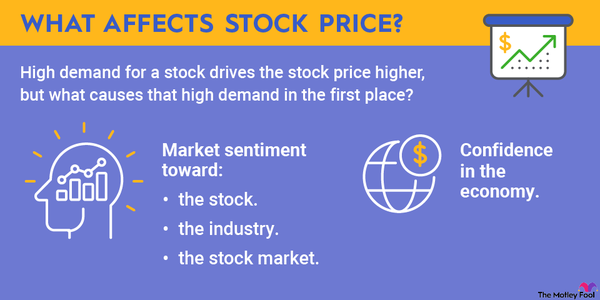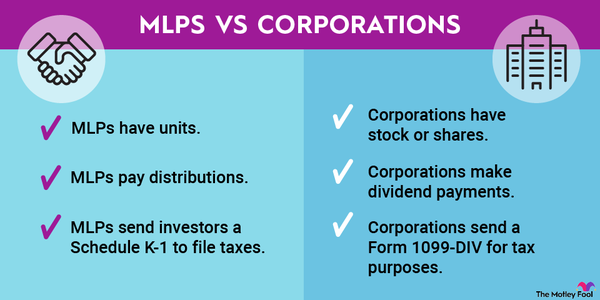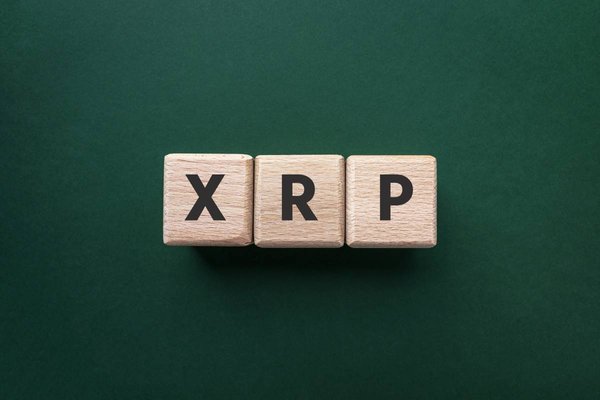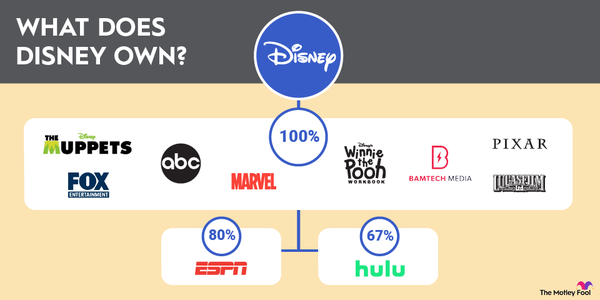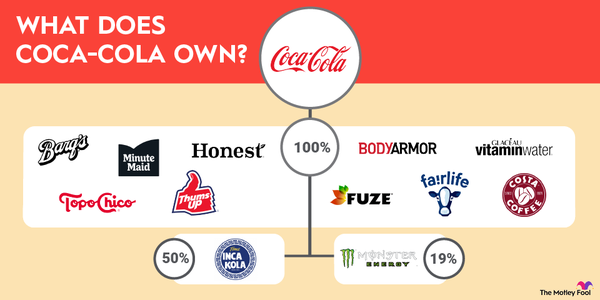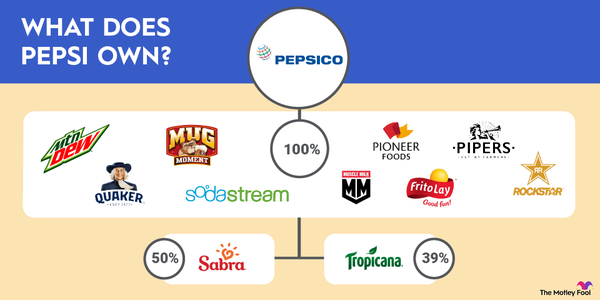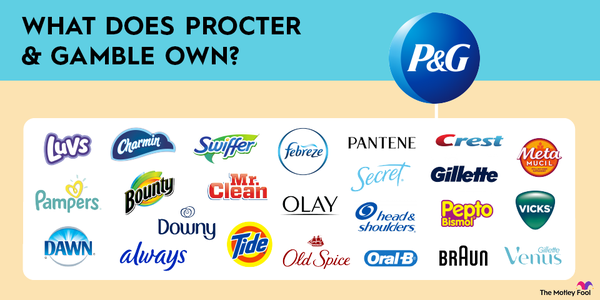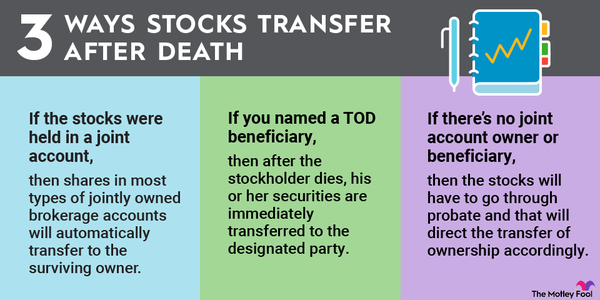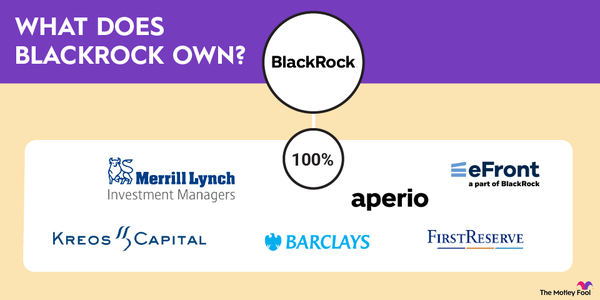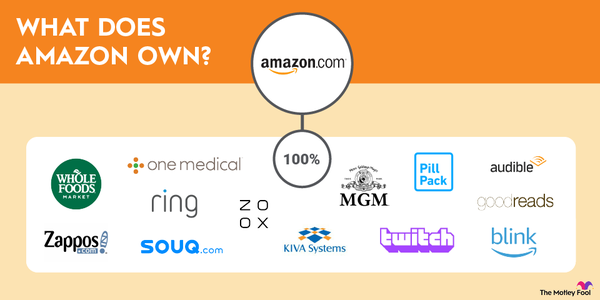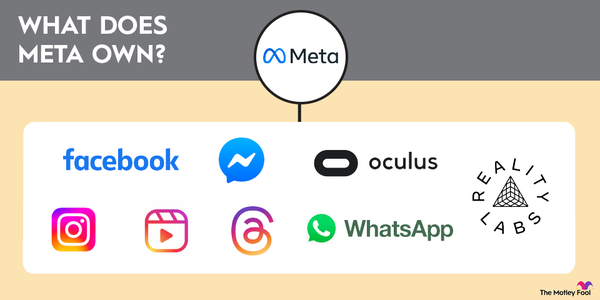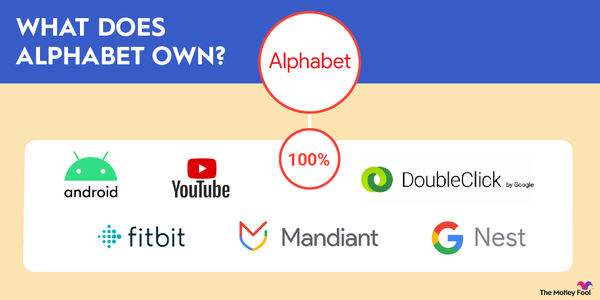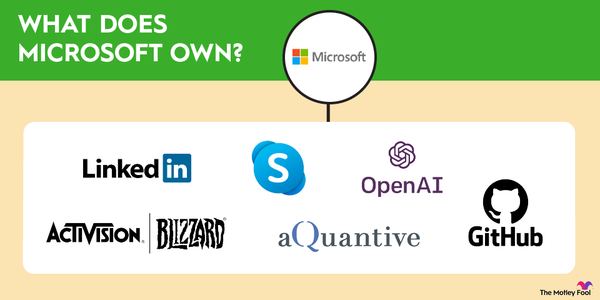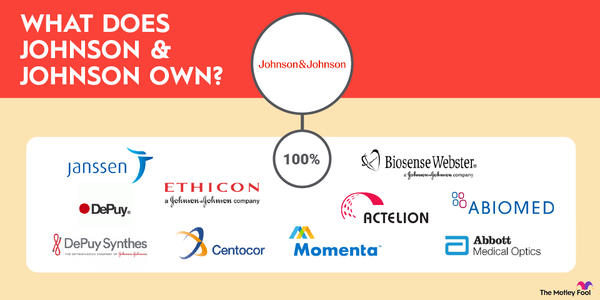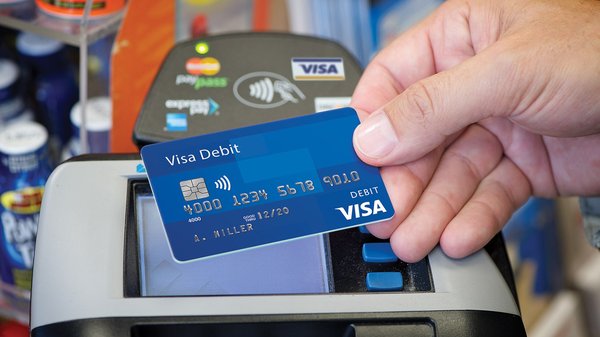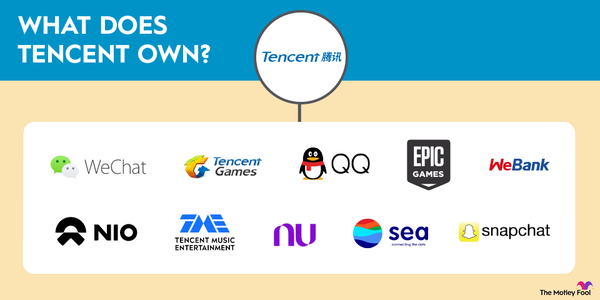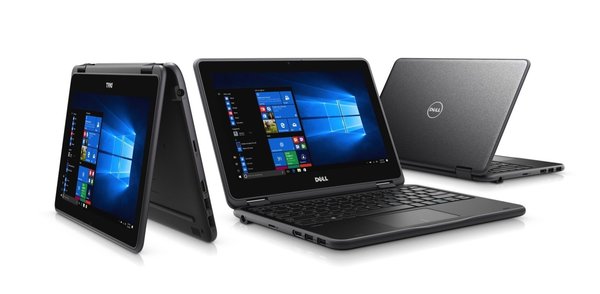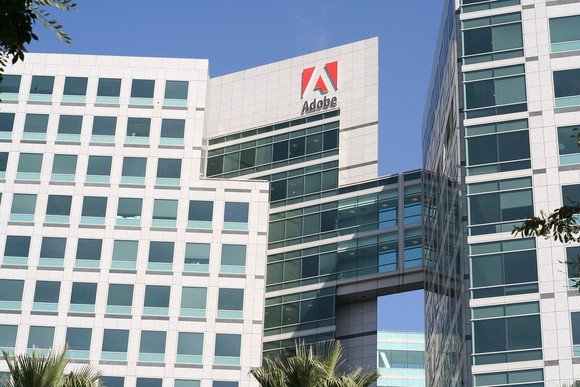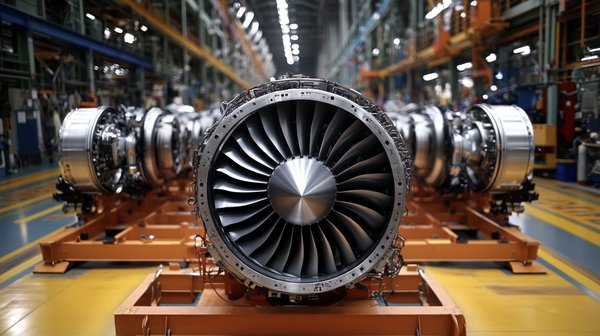Huawei is the largest manufacturer of telecommunications equipment in the world. The company has been in the news lately, and not for great reasons. Amid fears that its products could be used by China's military and intelligence communities, sales by Huawei have been totally or partially blocked in the United States, European Union, Japan, Australia, New Zealand, and Canada.

Find out more about Huawei here -- if you can invest in it, when it might be publicly traded, if it's profitable, and other ways to gain exposure to the company.
Overview
What is Huawei?
Huawei is a major global conglomerate that manufactures telecommunications equipment and consumer electronics. It became the largest telecom equipment manufacturer in the world in 2012 and (briefly) the biggest manufacturer of smartphones in 2020. It's also a major player in the buildout of next-generation, high-speed 5G networks.
The company has enjoyed steady growth since its 1987 founding by a former deputy director of the People’s Liberation Army engineering corps, boosted by an estimated $46 billion in support by the Chinese government. It became a leading provider of telecommunications networks in the Middle East and sub-Saharan Africa in the late 1990s, and its foreign sales topped domestic orders in 2005.
Although the Chinese-based company would appear attractive to investors who believe its reach and products will continue to grow, it's become problematic for a major reason. A law passed in 2017 legally requires it to provide intelligence to the Chinese government. As a result, it's been banned from doing business in countries that include the United States, Australia, Japan, and the United Kingdom.
The U.S. has also prevented sales of the advanced chips necessary for 5G networks to the company, and several countries have chosen competitors such as Ericsson (ERIC 0.12%) or Nokia (NOK 0.0%) to build their 5G networks because of concerns over the potential for spying. Its smartphone business was launched in 2009 and passed Samsung (SSNL.F -28.76%) as the world's top seller barely a decade later, but sanctions forced Huawei to sell off its smartphone business in November 2020.
Is it publicly traded?
Is Huawei publicly traded?
Huawei has described itself as an employee-owned company, although it was established as a collectively owned business, which in China represents an intermediate type of business between a private company and a state-owned enterprise. As such, it's not publicly traded.
IPO
When will Huawei IPO?
The company has been coy about a potential initial public offering (IPO). Although founder Ren Zhengfei had rejected the possibility of the company becoming publicly traded, he wrote in 2021 that Huawei could "gradually enter the market in the future."
There's been speculation that Huawei might surprise investors with an IPO. Ni Guangnan, a former Lenovo chief technology officer, estimated in 2019 that the company would be worth as much as $1.3 trillion – more than the market capitalization of Apple (AAPL 1.88%) at the time.
It’s worth noting that Honor, a Huawei spinoff that’s surpassed Apple as the third-biggest smartphone company in China, is planning to go public within the next year. The company is shooting to become a top three global vendor by 2028, according to documents reviewed by Reuters.
How to invest
How to buy Huawei stock
Since Huawei isn't publicly traded, you can't buy its stock unless you're an employee and eligible for its profit-sharing program. At this time, the only way to invest in Huawei is to buy its bonds. It currently has $3.5 billion in outstanding 10-year bond issues at coupon rates between 4% and 4.125%.
If and when the company makes its stock available to investors, however, it's likely to join the ranks of some of China's largest publicly traded companies, including Tencent (TCEHY 3.01%), Alibaba (BABA -2.41%), and PetroChina (NYSE:PTR).
In the meantime, investors seeking exposure to the same trends that Huawei is exploiting might consider buying stock in one or more of its major competitors:
Cisco
Cisco (CSCO 1.54%) is best known for its networking business, Cisco expanded its cybersecurity business in early 2024 with its acquisition of Splunk, making it one of the largest software companies in the world. Its move to acquire a software-as-a-service (SaaS) company is expected to shelter Cisco from its traditional reliance on the ups-and-downs of a fluctuating hardware market. Cisco also expects a deal with Nvidia will boost its products tailored to artificial intelligence (AI) systems.
Ericsson
The good news about Ericsson (ERIC 0.12%) is that its shares recently hit their highest level in almost two years after reporting its second-quarter 2024 results. The bad news is that its shares gained because its revenue fell less than expected. Once best known for its mobile telephone products and services, the Swedish telecom giant has shifted to producing 5G network infrastructure and cloud services. Still, there's reason for optimism: The company beat out rival Nokia to develop AT&T's open radio access network in the U.S. and is targeting India for future growth.
Apple
It's generally not great news when Warren Buffett dumps your stock. Despite the Oracle of Omaha's sale of almost half of his Apple shares -- which had more to do with tax concerns than the tech giant’s financial outlook -- it still makes up about 30% of his portfolio for Berkshire Hathaway (BRK.A 1.37%)(BRK.B 0.86%). An iPhone upgrade with new AI features in late 2024 was expected to boost an integral part of Apple's business, and its services division posted a 74% gross margin. Its strong free cash flow led the company to announce a record $110 billion share repurchase program in May 2024.
Here's how to invest in one of the three companies:
Step 1: Open a brokerage account
You'll have to open and fund a brokerage account before buying shares of any company. If you still need to open one, here are some of the best-rated brokers and trading platforms. Take your time to research the brokers to find the best one for you.
Step 2: Figure out your budget
Before making your first trade, you'll need to determine a budget for how much money you want to invest. You'll then want to decide how to allocate that money. The Motley Fool's investing philosophy recommends building a diversified portfolio of 25 or more stocks you plan to hold for at least five years.
That might seem like a daunting task for those starting out. However, you don't have to get there on the first day. For example, if you have $1,000 available to start investing, you might want to begin by allocating that money equally across around 10 stocks and then grow from there.
Step 3: Research related companies
It's essential to thoroughly research a company before buying its shares. You should learn how it makes money and study its balance sheet and other factors to ensure you have a solid grasp on whether the company can grow value for its shareholders over the long term. You should also research related companies.
Step 4: Place an order
Once you've opened and funded a brokerage account, set your investing budget, and researched the stock and its competitors, it's time to buy shares. The process is relatively straightforward. Go to your brokerage account's order page and fill in all the relevant information, including:
- The number of shares you want to buy or the amount you want to invest to purchase fractional shares.
- The stock ticker (CSCO for Cisco, ERIC for Ericsson, or AAPL for Apple).
- Whether you want to place a limit order or a market order. The Motley Fool recommends using a market order because it guarantees you buy shares immediately at the current market price.
Once you complete the order page, click to submit your trade and become a shareholder in one of these leading companies. Investors would follow a similar process to buy an IPO stock like Huawei, if and when it goes public. Once shares become available, fill out your brokerage account's order page with the company's selected stock ticker and submit your trade.
Profitability
Is Huawei profitable?
Although Huawei isn't required to publish its financial statements, the company provides relatively detailed information for a non-publicly traded company. Although Huawei's ICT (information and communications technology) segment accounted for more than half of its $51.1 billion in revenue last year, it represented only a 2.3% increase; Huawei's move into self-driving cars was responsible for a 128.1% year-over-year increase, rising to $669 million.
Sanctions took a large bite out of Huawei's profits in 2022. After posting a 19.1% operating margin in 2020, it fell to 6.6% before rebounding to 14.8% last year. The company’s cash flow from operations has risen steadily to almost $9.9 billion, roughly triple its 2022 figure and its highest amount since 2019. Net profit more than doubled to $12.3 billion.
Should I invest?
Should I invest in Huawei?
Since Huawei isn't publicly traded, it's not possible to buy shares in it. And even if and when the company launches an IPO, investors would need to be aware of potential pitfalls. Because of concerns about the potential for Chinese spying, the company's growth for the foreseeable future may be limited to China, the Middle East, and Africa.
In addition, Huawei has been operating in an extremely competitive environment -- even before its venture into a self-driving car market that's been dominated by titans like Alphabet (GOOG 1.72%)(GOOGL 1.54%), Nvidia (NVDA 3.08%), and Tesla (TSLA -3.46%). All things considered, Huawei likely carries more risks than rewards for investors.
ETFs
ETFs with exposure to Huawei
An exchange-traded fund (ETF) can be a safer investment than individual stocks since it's an asset that distributes risk across several assets. ETFs also tend to have lower fees than mutual funds and can be easier to buy and trade.
Since Huawei isn't publicly traded, it's not included in any ETFs. Investors who want exposure to the Chinese company, however, may benefit from putting money into funds that follow the same trends as Huawei. Since there's a broad array of ETFs, investors have multiple pathways, including ETFs that are focused on China, telecommunications, or 5G networks, among others. Here are three that might be worth considering:
Unlike many China-focused ETFs, the iShares MSCI China ETF (MCHI 0.81%) favors technology stocks over financials. Tech stocks account for almost 40% of the fund, vs. about 25% for financials and 10% for consumer discretionary shares. The fund has more than $4.3 billion in assets under management (AUM). It has 595 holdings and a reasonable 0.59% expense ratio, meaning that $5.90 in fees are assessed annually for every $1,000 invested.
The First Trust Indxx NextG ETF (NXTG 1.01%) focuses on companies with market caps of $500 million or more that are developing and deploying 5G technology. The fund has $388.3 million in assets and an expense ratio of 0.7%. Almost 21% of the fund's holdings are in semiconductor stocks, followed by integrated telecommunications services (18.9%) and communications equipment (12.1%). The fund was established in 2011; its value has almost doubled since 2016.
For investors interested in a broad range of telecom stocks, the SPDR S&P Telecom ETF (XTL 1.39%) is a reasonable option. The fund only has about $86.3 million under management but boasts a low 0.35% expense ratio. Top holdings include Lumen Technologies (LUMN -2.31%) with 8.4% of the fund, but it also includes significant amounts of AT&T (T 0.8%) at 4.1%, and Cisco with 4% of shares. Its 2024 year-to-date return at the end of August of 11.9% closely tracked its benchmark S&P Telecom Select Industry Index return of 12.1%.
Related investing topics
Bottom line on Huawei
Weak consumer consumption and slowing property investment have caused problems for the Chinese economy, and a growing number of countries are either placing or considering high tariffs on its products. Increasingly, China is viewed as a competitor rather than a customer. The economic woes of the world's second-most-populous country combined with suspicion over Huawei's motives make the company an extremely risky bet if and when the company goes public.
FAQ
Huawei FAQ
What is Huawei most known for?
Huawei is the largest telecommunications equipment manufacturer in the world.
What are the main products of Huawei?
Huawei manufactures a wide range of telecommunications and network infrastructure equipment, including smartphones, laptops, tablets, wearable devices, and software.
What is the stock ticker for Huawei?
Since Huawei isn't publicly traded, it doesn't have a stock ticker.
Is Huawei publicly traded?
Huawei is not publicly traded. It describes itself as an employee-owned operation, but it's probably more accurate to describe it as a collectively owned business that straddles the line between state-owned enterprises and private businesses.



































